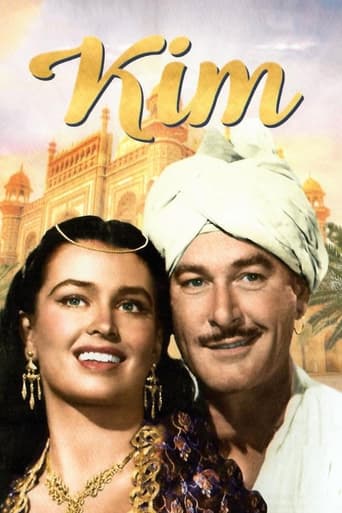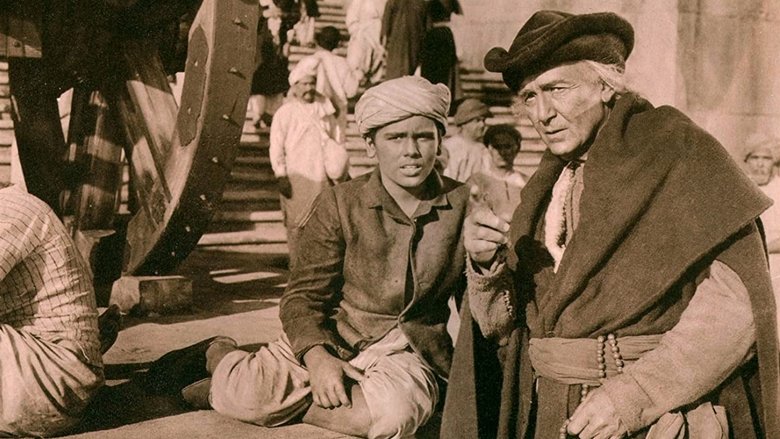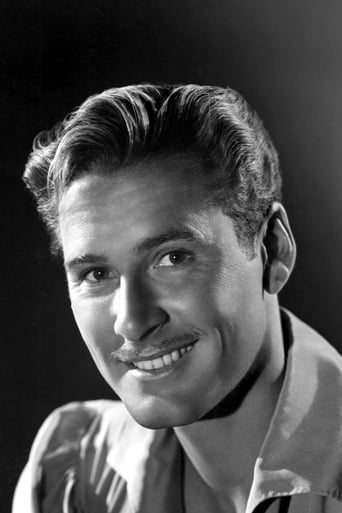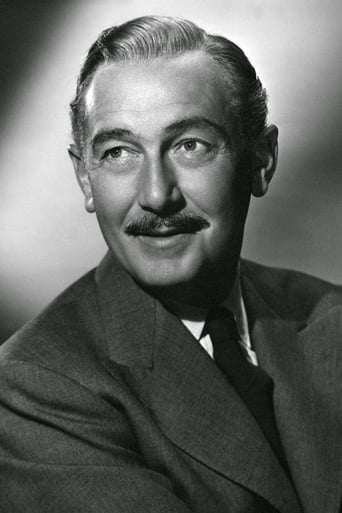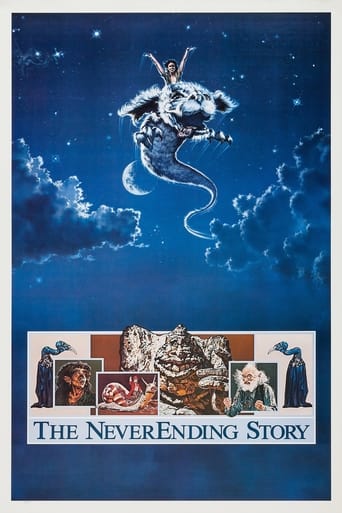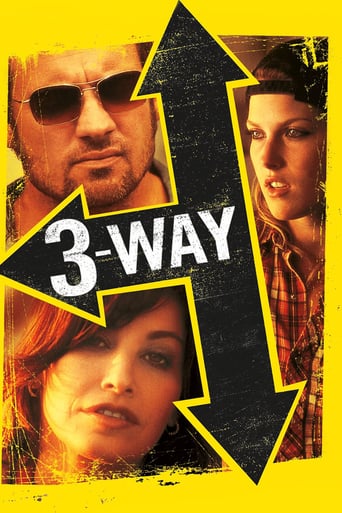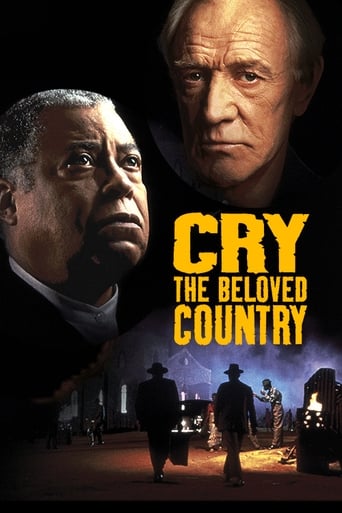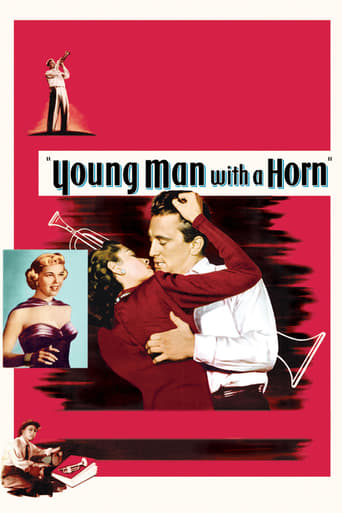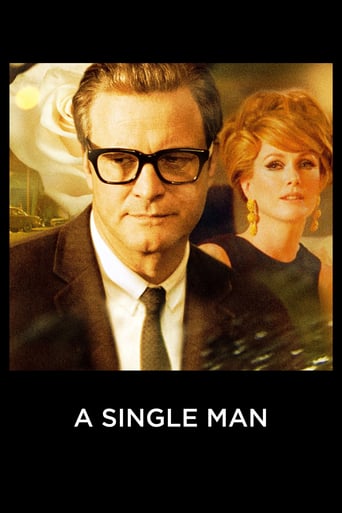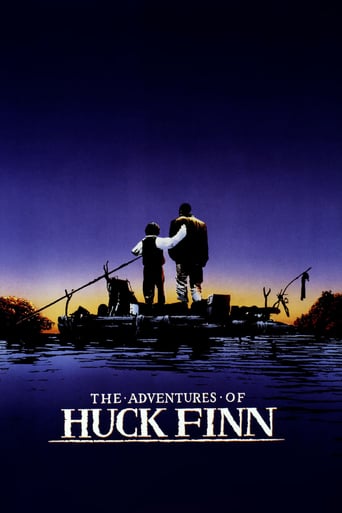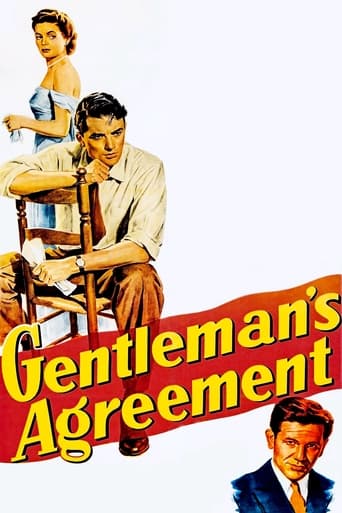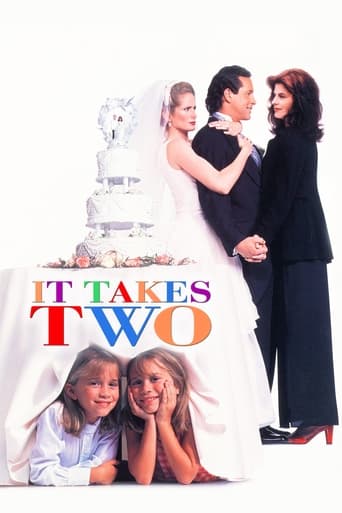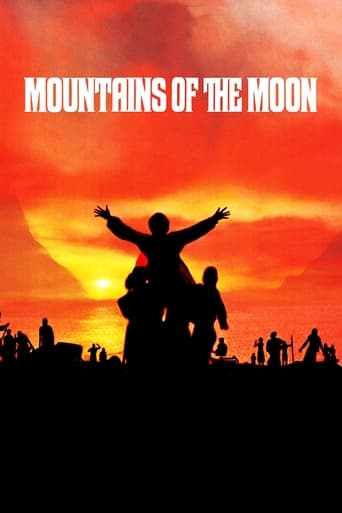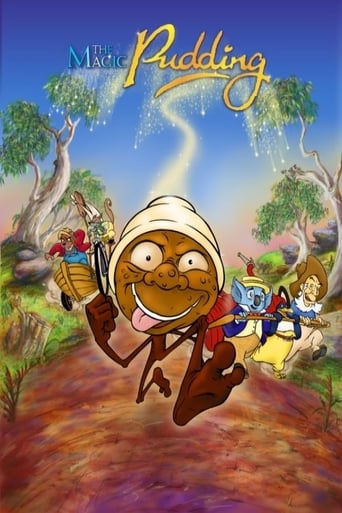Kim (1950)
During the British Raj, the orphan of a British soldier poses as a Hindu and is torn between his loyalty to a Buddhist mystic and aiding the English secret service.
Watch Trailer
Cast


Similar titles
Reviews
Waste of time
Good start, but then it gets ruined
Absolutely Fantastic
Let me be very fair here, this is not the best movie in my opinion. But, this movie is fun, it has purpose and is very enjoyable to watch.
Based on a Rudyard Kipling novel, this film boasts a red-headed Errol Flynn as Mahbub Ali, protector of the titled boy character, played by Dean Stockwell. Directed by Victor Saville, it tells the tale of how the orphan Kim helps the British fight rebels in India. The screenplay was co-written by Helen Deutsch. The cast includes Paul Lukas, Robert Douglas, Thomas Gomez, Cecil Kellaway, and Reginald Owen.Both the main characters dress themselves as natives of India, Flynn's because he's undercover and trying to infiltrate the rebel clan; Stockwell's to avoid school. Lukas plays a holy man that befriends Kim, and then works as his apprentice. When it is discovered that Kim is really a white boy, he is sent to a private school where his free and easy ways are punished. So, he escapes and catches up with Flynn's Red Beard, who trains the youngster in the spy trade. The two of them, with help from the holy man, work to aid the British during the time their kingdom included (occupying) India.
MGM's Technicolor adaption of the Rudyard Kipling novel of the same name. The plot's about an orphaned boy named Kim (Dean Stockwell) in colonial India who aids the British in putting down a native rebellion instigated by Russia. It's a colorful and sometimes fun adventure flick with a good performance from Stockwell and fine work from Paul Lukas (looking almost unrecognizable without his mustache) as a Buddhist lama. Errol Flynn's better days were behind him and it's painfully apparent in every scene of his. He looks paunchy and tired throughout and that dyed orange hair and goatee does nothing to help. Still, there are these moments where you see some of that roguish charm and can't help but smile. The movie was filmed mostly on location in India, which helps by providing some lovely scenery. I didn't mind the parts filmed on set, though, as the production values here are of typically excellent quality you would expect from Metro. It goes on a little long and is never as exciting as you would hope but it is enjoyable, particularly for fans of Stockwell or Flynn completists.
The film is named after a young boy (Dean Stockwell) in India who is an orphan and who has learned to use his wits to survive. He also knows that his father was in the Colonial Army and because of that, the lad has an affinity for working with his British overlords. And so, the boy becomes a spy for the British Army and eventually does his part to continue the British subjugation of the Indians. Well, that's not QUITE how Rudyard Kipling and the filmmakers saw it, but in essence it's a film advocating colonialism. All the anti-colonialists are bad in the film and the occupying forces (the Brits and their Indian allies) are good."Kim" is a fun and enjoyable story even if it promoted an over-idealized view of the British in India. HOWEVER, it's also incredibly stupid. While I could see that the 'Indians' in the film were about as Indian as a cannoli, my uncle happened to be visiting and he was REALLY put off by the film. After all, he'd spent some time in India and said that the film was nothing but a long series of silly clichés--and was like a film made by someone who knew next to nothing about the country. And, with white folks painted up to look like Indians, it's even more profoundly silly. I think if they remade the film with an actual Indian cast (when appropriate), the film could really work. Imagine...Errol Flynn as a red-bearded Indian!!! And, the Hungarian actor, Paul Lukas, as an Indian lama!! Uggh!
During the first half of the twentieth century, many Americans loudly proclaimed their opposition to European colonialism, rather hypocritically given that the United States would not have existed without the colonisation by Europeans of the North American continent; all that happened in 1776 was that control of that process passed from the mother country to the settlers themselves. The American cinema, however, often took a sympathetic view of the European colonial empires, particularly the British one. " Kim" is a good example; although it was made in 1950, three years after Indian independence, it nevertheless reflects the nineteenth-century British view that the Raj was a Jolly Good Thing.The film has been described as a "Boy's Own" adventure story. ("The Boy's Own Paper" was a British boys comic noted for its adventure stories, often with a distinct patriotic bias). It is set in British-ruled India during the 1880s. The title character is Kim O'Hara, the orphaned son of a British soldier, who becomes involved with the British intelligence service as they try to frustrate the attempts of Russian agents to foment rebellion amongst the frontier tribes. (No doubt in the early days of the Cold War American audiences would have been receptive to any story featuring Russian villains, even if the action took place during Tsarist times). In the course of his adventures Kim befriends Mahbub Ali, a Lahore horse trader, and a Tibetan lama whose disciple he becomes.Visually, the film is attractive; no expense seems to have been spared, as much of the action was shot on location in India. (Many films of this period got no closer to the country where they are ostensibly set than a Hollywood backlot). It does, however suffer from two major flaws. The first is miscasting. Young Dean Stockwell as Kim plays his part well enough, if one can overlook his American accent, but receives little support from the other leads, especially Errol Flynn as Mahbub Ali.By the early fifties Flynn's career was in decline. He had suffered from various health problems, including alcoholism, and no longer possessed the charisma and athleticism which had first made him a big star in the late thirties and early forties. He was, however, still regarded as a big name, and was presumably cast in this film on that basis, but makes little effort. This must be one of his laziest performances; he didn't even telephone it in but posted it by second-class mail. To make matters worse, he is totally unconvincing as an Indian, and receives no help from the makeup department in this regard. Mahbub seems so European that I kept expecting him to be unmasked as an Englishman in disguise, something which never happens. Although it transpires that Mahbub is working for British Intelligence, we are supposed to accept that he is a genuine native of Lahore.The film's second major flaw is that it never manages to integrate its religious themes with the main story. I have never read Kipling's novel, so cannot say if his mixture of mysticism and adventure works well on the printed page, but it certainly does not succeed on the cinema screen. The scenes with the lama seem like a distraction from the main action. It doesn't help matters that the Hungarian-born actor Paul Lukas is no more redolent of the mysterious East than is Errol Flynn. His lama dresses like a Catholic cardinal and in his bearing recalls a mild-mannered Anglican clergyman. Overall, "Kim" is one of those fifties adventure films which have not aged well and which retain little interest today. 5/10

